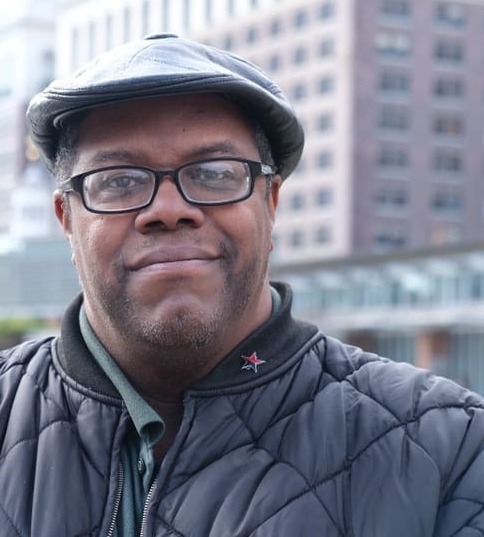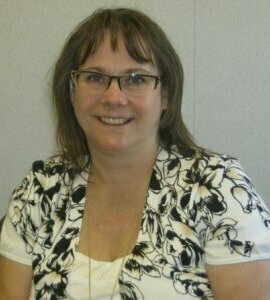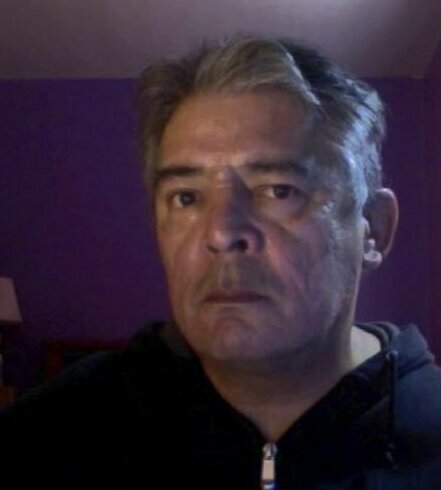The Good Fight Conference 2018: Keynote Speakers
Ultimately, our goal is to train people to be able to create a more just world. The work of that training starts with the keynote presentation and the expert panel question and answer period (though it certainly doesn't end there).
In this keynote presentation, we are bringing you the wisdom of three very smart people who have been doing the work of fighting racism and fascism for decades. They will set the context of the problem, but more importantly, will start to provide solutions.
Ideally, they will ignite in everyone in attendance a strong desire to start acting, and a foundation of where to start.
Though we would love to see you for the whole weekend, if you can only come Friday evening, we promise to make it worth your while.


